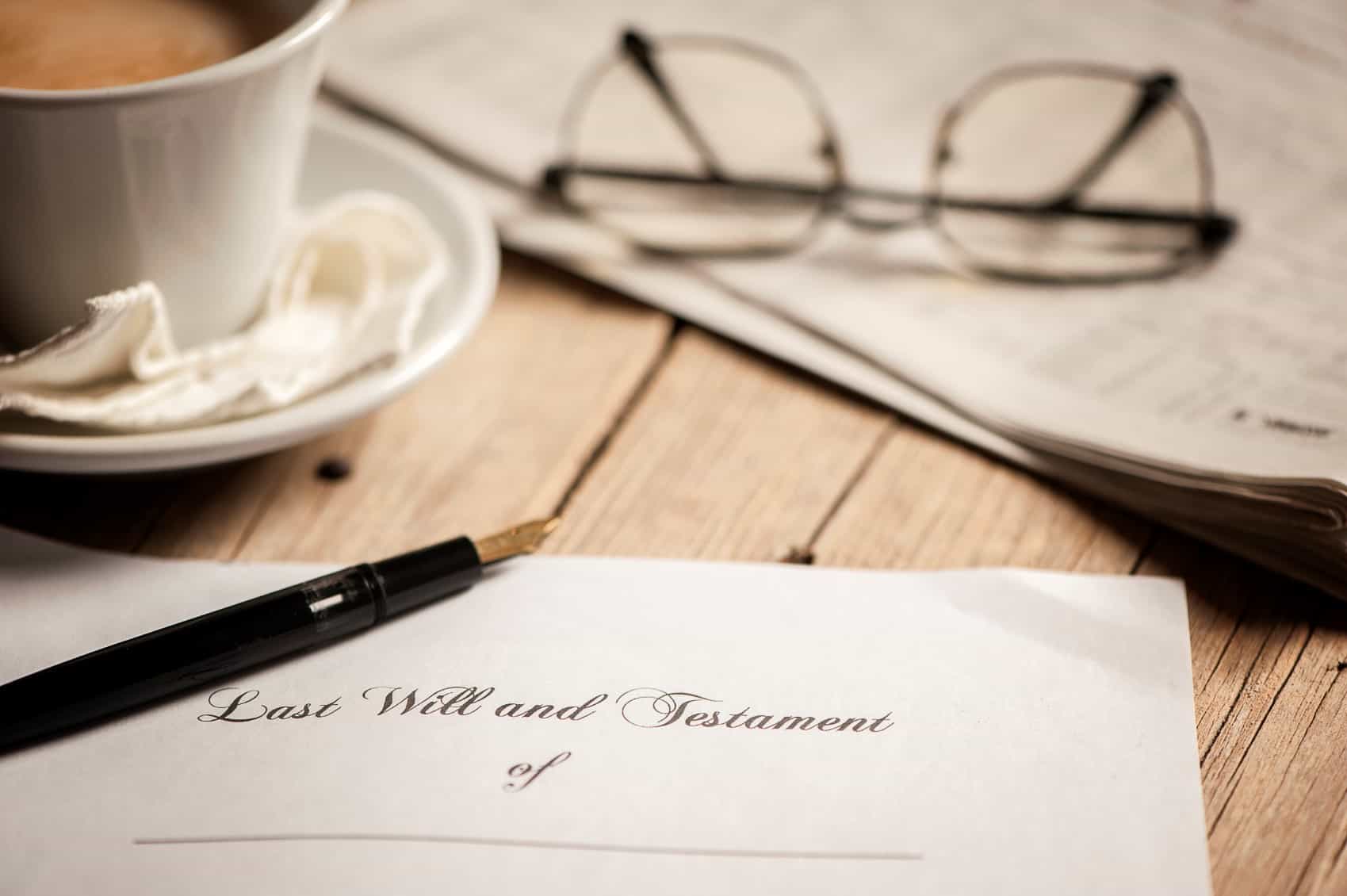Death is not a fun topic to throw around when speaking to your family. While living, you take care of your family’s financial needs, but what happens after death? It is important to be prepared for the inevitable and make sure that a plan is in place to take care of your family in the event of your death.
1. Planning for the Future
If you make no plans, any investments, debts, possessions, or estates will be left to cause chaos for your family. In recent news, Prince’s unexpected death has brought on a lot of disappointment and disorder. Prince’s sister is attempting to fight to claim her brother’s assets, but with no will, no spouse, and no children, his estate is subject to countless claims and lawsuits. Planning for this event, while morbid, ensures that your family will not have to deal with any legal matters after your death.
2. Get out of Debt
Debt doesn’t stop at death. While your heirs will not inherit the debt, it will be deducted from your estate or other assets before anything is distributed accordingly. This will reduce inheritance for any beneficiaries you appoint to the degree of your debt — small or drastic. Any co-signers on any loans or credit cards will be responsible for the remaining balance. The best advice here is to stay on top of payments and try to leave this life debt-free.
3. Have a Life Insurance Policy
Life insurance helps to offset the cost of funeral costs, estate taxes, and may be needed to support loved ones left behind. Buying life insurance is a decision you have to consider carefully. Ask yourself: Do I have family members dependent on my income? Will they be okay if I don’t leave them any financial support? A financial adviser will be able to determine what type and how much life insurance is suitable for your family’s financial well-being.
4. Prepare a Will
After deciding how your assets should be divided, put it in writing. It may be a good idea to hire an attorney to assist with the drafting of your will, dependent on the size of your estate or the complexity of your assets. Without a will, your estate and assets will be put into probate in the event of your death. This means that a court will decide how your assets are distributed and your family may see very little of what you would have left for them. It can be a very long, expensive process for your family to deal with.
5. Identify Heirs and an Executor
Deciding who inherits your assets is part of getting your financial affairs in order. Select heirs — and alternates in case you outlive your appointed heirs — to determine who will obtain what in the even of your death. Dictating beneficiaries on assets like life insurance policies or retirement funds supersede any directions on your will so keeping those assets up-to-date is important. Select someone you trust completely to be your executor. An executor should be appointed as the responsible party for carrying out your will.
6. Open a Trust
Trusts enable you to shelter some assets from estate taxes and allows you to distribute assets in a different way. Initially, opening a trust can be expensive, so it is recommended for those who have at least $100,000 in assets or if you have very specific instructions about how and when your assets should be divided. Some trusts allow you to set aside money to your grandchildren tax-free, but opening a trust is not for everyone. Also remember, a trust does not replace a will.
Being prepared is a must in all aspects of life, especially when it comes to death. We hope that you have a long and happy life and that your death is many, many years in the future. Should you want to start planning, please contact us to make an appointment. Our financial services are not just about money — it is about you, your future, and your family.

